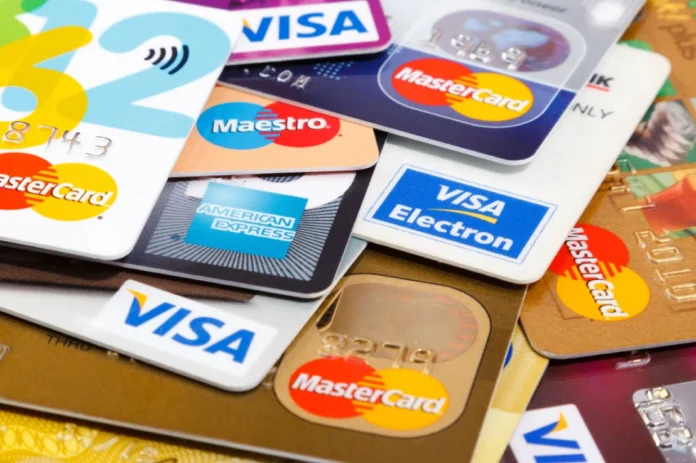What Is A Credit Card?
A credit card is a payment card that allows the holder to borrow funds from a financial institution (such as a bank) up to a certain limit. The borrower can use these funds to make purchases and repay them with interest over time. Credit cards provide convenience, allowing users to purchase without carrying cash or writing checks. Discover the secrets of credit cards and unlock your financial potential at Credit Cafe.
Credit cards also offer several benefits, such as rewards programs, fraud protection, and building a credit history. However, misusing credit cards could lead to debt and financial instability. Some common mistakes people make when using credit cards include overspending, only making minimum payments, and missing payments altogether.
Types Of Credit Cards
Credit cards have become an integral part of our lives, but not all types of credit cards are the same. The different types offer varying benefits and features to consumers depending on their needs. Some common types of credit cards include:
1. Rewards Cards:
These cards allow users to earn points or cash-back rewards for every purchase they make using the card. Points can be redeemed for goods, services, or even airline miles.
2. Balance Transfer Cards:
These credit cards allow users to transfer high-interest balances from one card to another with a lower interest rate for a certain period (usually 12-24 months) without incurring additional fees.
3. Secured Credit Cards:
These cards require a security deposit as collateral in exchange for a low credit limit and help individuals establish or rebuild their credit score.
4. Student Credit Cards:
Designed specifically for college students, these credit cards offer lower limits and fewer fees while providing financial education resources.
Credit Scores And Limits
Credit scores and limits go hand in hand regarding credit cards. Your credit score determines the maximum amount of credit you can have on your card, also known as your credit limit. The higher your score, the more likely you will receive a higher limit. Conversely, a lower score may result in a lower limit or even being denied for a card altogether.
It’s important to keep in mind that exceeding your credit limit can negatively impact your credit score. This is because it indicates that you are not effectively managing your finances and may be at risk of defaulting on payments. It would help if you aimed to use only 30% or less of your available credit to maintain a healthy balance between utilization and available funds.
How They Affect Your Credit Cards
One of the ways that credit card rewards and perks can affect your credit cards is by increasing your spending. Many people may be tempted to overspend to earn rewards or access certain benefits, which can lead to carrying a balance on their cards and paying more interest fees.
Additionally, some rewards programs may require you to spend a certain amount to earn the rewards, which can also lead to overspending. Another way that credit card rewards and perks can affect your credit cards is by impacting your credit utilization ratio. Don’t let credit cards intimidate you! Economics And Money is a website to empower you with expert insights.
This ratio measures how much of your available credit you are using, and a high ratio can negatively impact your credit score. If you use your credit card frequently to earn rewards or take advantage of perks, it’s important to ensure you are not approaching or exceeding your credit limit.
Avoiding Debt And Improving Credit Score
Making timely payments is one of the best ways to avoid debt and improve your credit score. Late payments can harm your credit score, so making them on time every month is essential. If you’re struggling with paying off debts, consider consolidating them into one payment or negotiating with creditors for a lower interest rate.
Another way to improve your credit score is by keeping your credit utilization ratio low. This ratio shows how much of your available credit you use at any given time. Ideally, it would be best to keep this ratio below 30%. Also, avoid opening too many new accounts simultaneously, as it can negatively impact your score.
Finally, regularly monitoring your credit report will help you spot errors or fraudulent activity that may harm your score. You can request a free copy of your report from each of the three major credit bureaus once a year and review it for inaccuracies. These steps can help you avoid debt and boost your creditworthiness over time.
Conclusion
In conclusion, credit cards are a useful financial tool that can help you build credit and make purchases conveniently. However, it is important to use them responsibly to avoid accumulating debt and damaging your credit score. Some tips for responsible credit card use include paying off the balance in full each month, keeping track of spending, and avoiding high-interest rates. Knowing these fees beforehand and budgeting accordingly can avoid unnecessary expenses. Unleash your financial prowess by unraveling the mystery of credit cards with Eden Investments‘s guidance.




